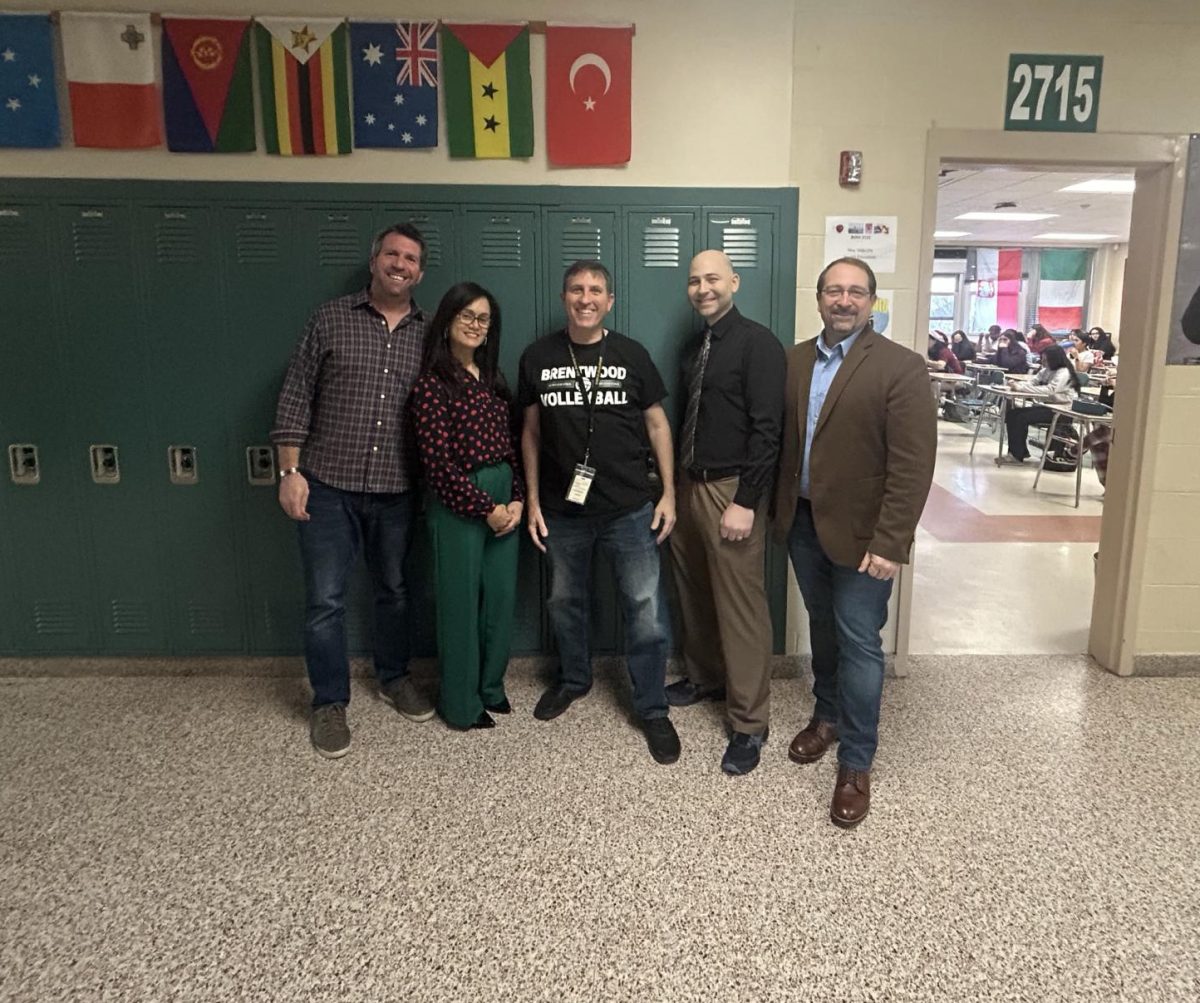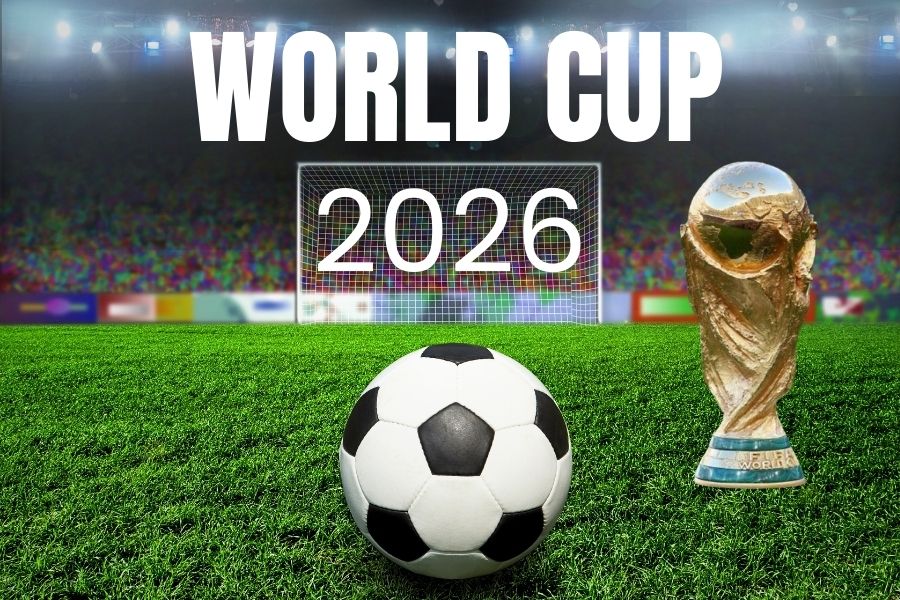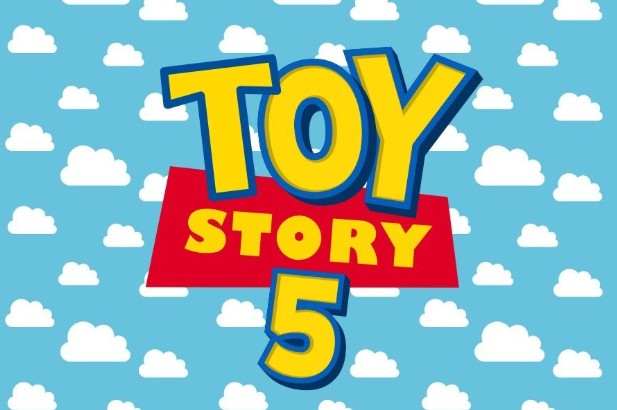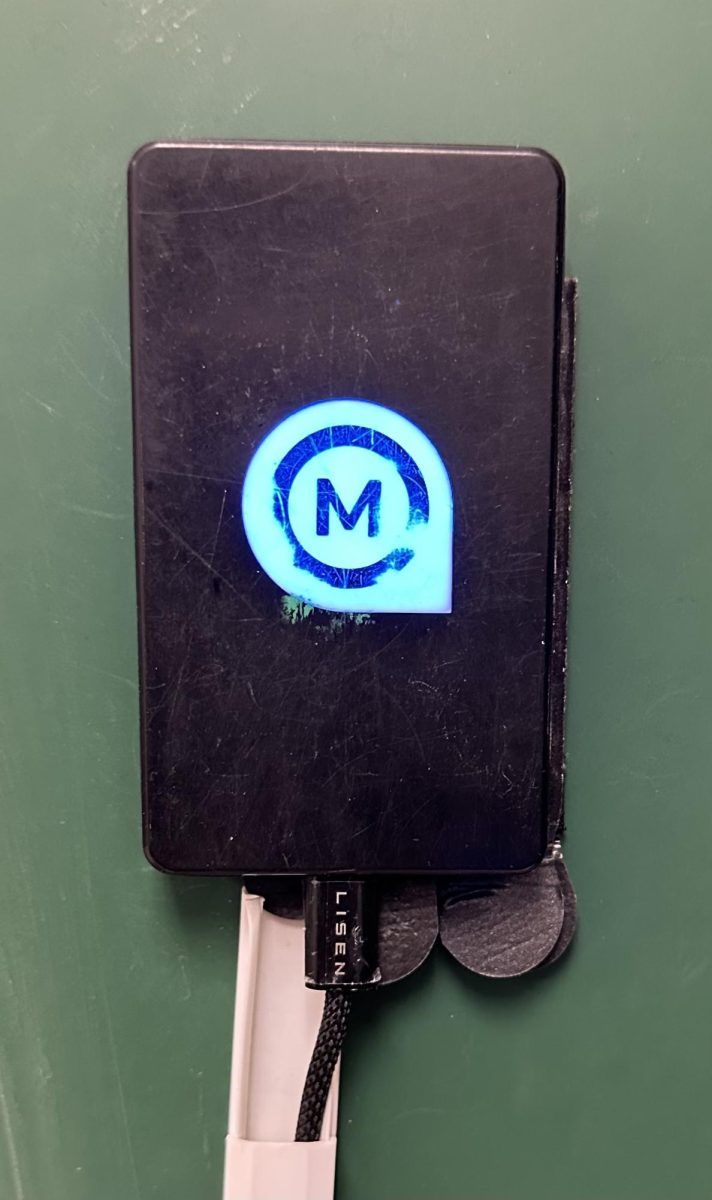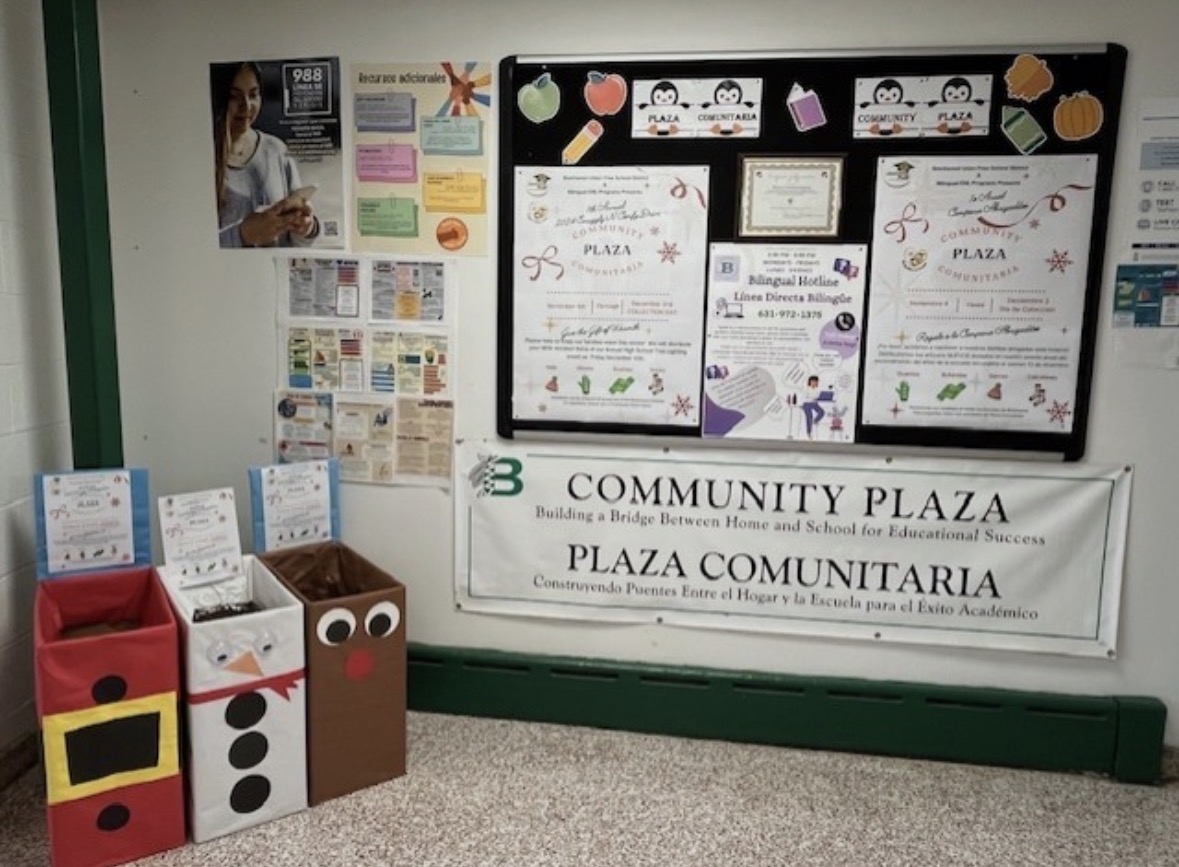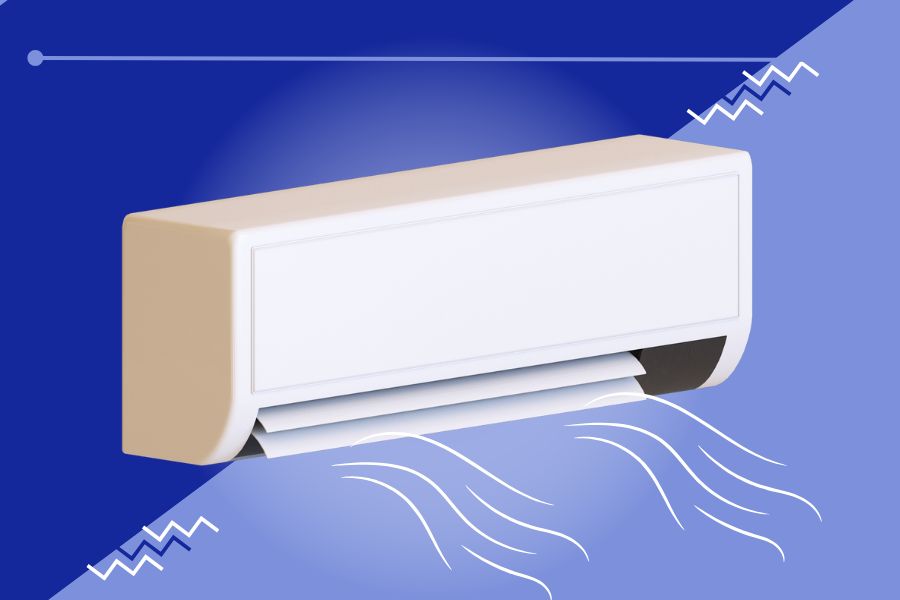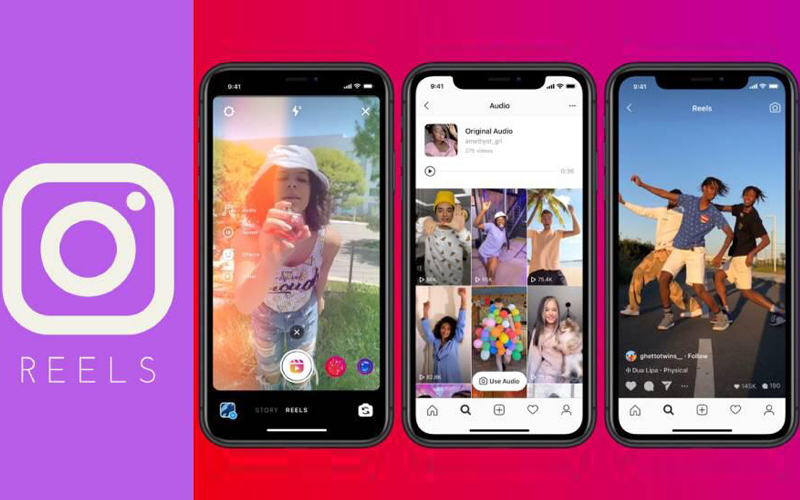In the pursuit of knowledge, there are often walls of ignorance that keep either party from opening their mind to new perspectives. These walls cause emotional reactions and impulses that lead to arguments, hate, and division, eventually causing an impasse.
Government and economics teachers take on the role of not only informing students of past economies and governments but of the current state of the world. It is important that not only our teachers share their viewpoints but that students feel comfortable sharing their beliefs in appropriate environments. Insights from teachers on topics like voting, elections, and political participation in the classroom are needed to create welcoming environments and improve voter turnout for younger demographics.
“By not voting, it sends a direct message to elected officials that their constituents either do not care or are not engaged which does not hold these leaders accountable,” said Mr. Formato, an economics teacher.
If this trend continues, those who don’t vote won’t get what they really need from the government, and will continue to complain about a government they don’t participate in.
“Voting doesn’t guarantee that you’ll be listened to, but it does guarantee that you get heard,” said Mr. Rooney, who teaches AP government.
Although voting is important, many still choose not to vote. This decision has consequences, such as the impact of low voter turnout among left-leaning citizens and how voting contributed to a victory for right-leaning citizens.
“People typically believe that voting doesn’t make a difference and the growing disillusionment between the people and the government has made things worse when it comes to keeping the citizens engaged,” said Mrs. Rooney, an honors U.S. history and government teacher.
Mrs. Johnson, an honors U.S. history and government teacher, mentions the years 2018, 2020, and 2022 as years with the highest voter turnout. Many citizens hoped this trend would continue, both Harris and Trump have brought in voters, both against and for them.
As Mrs. Rooney said, the line between citizens and government only becomes broader through how citizens stay engaged with their government. Mrs. Rooney also referenced a quote by George Jean Nathan, “Bad officials are elected by good citizens who do not vote.”
Can we really blame citizens for their indecision? Or is it the media that pushes misinformation onto citizens, so much so that they become forced in one way thinking?
“I believe that many people decline participating in the electoral process because chaos favors the establishment,” said Mr. Boardman, an economics teacher. “If the government were to
effectively address the concerns of the voters and resolve the cause of the chaos, then they would have a more difficult time motivating people to come out to vote for them on an individual basis in subsequent elections.”
This ongoing cycle of limited progress leads to growing disillusionment.
“They need to keep their core issues burning bright and in turn the government makes only incremental headway in any issue and often creates more tumult in the form of unintended consequences associated with legislation. This lack of progress probably frustrates the average person into focusing on more important issues in their day-to-day life.”
“The ‘mainstream media’ is a propaganda apparatus for one or the other party. So, in that way they help their side’s candidate while they try to harm the other,” says Mr. DeVita, a government teacher.
In doing harm to the other party, media tends to lie and twist stories against the other party.
Mr. DeVita gave an example of this, “…many media sources claimed that Trump said there would be a ‘bloodbath’ if he lost the election. The impression that was purposely given was that there would be violence if he lost. If you took the time to look at the original source, you would have easily seen that he was talking about there being a bloodbath in the auto industry if he lost.”
Mr. Boardman went as far as to say, “Never trust the media!” and “Recognize that all sources have a bias.”
While Mr. Boardman warns against blindly trusting the media and emphasizes the importance of recognizing bias, the internet itself presents both opportunities and challenges in navigating information.
“I think the media is helpful because it allows us to see or hear from candidates. It’s important to be informed voters. The media lets us see debates, watch interviews and formulate opinions,” said Mrs. Johnson.
“The internet is one of the greatest things to ever happen to our political world…and one of the worst,” Mr. Rooney said. “There isn’t a filter or fact check to many internet news sites, and many of them prize being the first to report a story, over actual validity.”
“Pay more attention to the actions of the candidates and what they are saying. Listen directly to the candidates and tune out the media commentary,” Mr. DeVita said. “Watch Harris’s interview with Alex Cooper. On the other side, watch former President Trump’s interview with Joe Rogan. After listening to them reflect on your perspectives on them.”
Today’s students have powerful technology right at their fingertips. With hundreds of media sources, it is easy to get caught up in different arguments and sides.
“Never rely on a single source of information to establish your perspective. Instead, seek out alternative perspectives on issues and be willing to openly debate your ideas without over
personalizing any issue,” Mr. DeVita said. “Seek alternatives to mainstream media, especially in long form interview formats that delve deeply into subjects that are important to you.”
As we look at these different viewpoints, it’s also important to think about how we can find reliable information for ourselves.
“The best way to do this is to compare multiple sources of information, check for fact- checking, and utilize the skills your teachers have taught you such as thinking about the purpose, audience, bias, and reliability of a source,” said Mr. Formato. “Who is benefiting from what you are reading or hearing? Think for yourself! Unfortunately, misinformation is everywhere with this current 24/7 news cycle so make sure to not simply accept something because it confirms your own beliefs.”
Teachers also discussed whether students as young as sixteen should have the right to vote. Mr. and Mrs. Rooney both agree with the idea of lowering the voting age.
“I do believe the voting age should be lowered based on the hard realities that directly affect young people in this country,” Mrs. Rooney said. “Staggering statistics that outline that gun violence is currently the number one cause of death for children in America could be the single biggest reason to allow teens to have a say in the political process… I do understand that young people are disengaged and still less likely to vote but maybe if they had a chance to participate, more of them would begin to pay close attention and get involved.”
“I believe that (lowering the voting age) has the potential to draw more young people into the political process,” Mr. Rooney said. “Many young people from 16-17 probably wouldn’t vote, but that does not mean the opportunity to do so should be denied to those who would.”
On the other hand, some teachers felt that raising the voting age would be more beneficial.
“The voting age should be raised to at least 21,” Mr. DeVita said. “Our culture says that if you can go off to fight in a war, you can choose your leaders. And there is some truth to that. Conversely, though, our culture also says that you can’t have alcohol or tobacco until 21…
If young people can’t be trusted to make good personal choices with tobacco and alcohol, what makes us think that they can make good choices with leaders? On top of that, the reasoning part of the human brain doesn’t fully mature until we are in our 20s. With that said, will the age ever be raised? Probably not. But it certainly should not be lowered.”
Some teachers believe the voting age should stay right where it is.
“I think the voting age should remain right where it is at 18. I think that is a good age to be able to formulate political opinions and have a well-developed political ideology,” Mrs. Johnson said.
This raises the issue of whether the votes of younger Americans could jeopardize America’s future leaders or bring much-needed change to the government.
Teachers criticized the voting system in general and provided suggestions for ways to combat the problem of voter fraud.
“We need to seriously fix our voting system. A very large number of Americans have lost their faith in it. It is not civically healthy to have such a large group of people that don’t trust the system,” Mr. DeVita said.
Mr. DeVita mentioned examples of voter fraud in Lancaster, Penn., in 2024, North Carolina in 2018, and even more recently, in a Bridgeport, Conn., Democratic primary race, where a worker for the incumbent mayor was caught also stuffing the ballot box with mail-in-ballots.
“The reality in the minds of many people is that it is a very big problem. We need to remove things that make cheating easier, like mail-in-ballots, and to have some sort of system where voters can identify themselves. Should it be a voter ID? Again, I don’t know, but something needs to be done to make sure all Americans are confident that their vote is being counted, and only legitimate votes are being counted,” Mr. DeVita said.
Other teachers discussed the problems with the electoral college.
“I believe that the electoral system needs reform,” Mr. Rooney said. “There are merits to a Congressional District Plan (currently used in Nebraska and Maine), and there are merits to a Proportional plan, wherein electoral votes would be given out proportionally by State. At this point, though, it’s hard to argue that the best way to choose of President of the United States would be anything other than a direct popular vote.”
“I think the system that we use to elect the president [the electoral college] is confusing,” Mrs. Johnson said. “I worry that it turns people off to voting because they don’t understand it. I like the idea of a direct election of the president, but right now we use an indirect election via the electoral college.”
The electoral college poses many problems. For example, some claim that it “overrepresents” small states. It’s a winner-takes-all system even when an opponent had a very close number, the system discourages voter turnout.
Though no teacher interviewed said that they would keep the electoral system, the electoral college could be seen as protecting federalism and State interests, encouraging broad campaigns throughout the nation, preventing tyranny. The electoral college protects minority interest by requiring candidates to win geographically, instead of relying solely on populated areas.
What can we take from all of this information?
For one, voting is one of the most powerful rights of American citizens. While the debate continues about when and how citizens should vote, it’s clear that engagement in the political process is vital for a functioning democracy. As Alexander Hamilton said, “The true principle of a republic is that the people should choose whom they please to govern them.”



